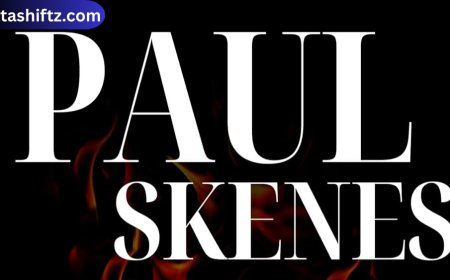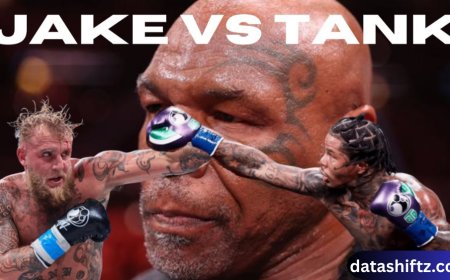Jasveen Sangha: The "Ketamine Queen" Pleads Guilty

Turning Point in a High‑Profile Case
In a significant development today, Jasveen Sangha, infamously dubbed the “Ketamine Queen,” has agreed to plead guilty to multiple federal charges. She is the fifth and final defendant in the high-profile overdose death of actor Matthew Perry to strike a plea deal with federal prosecutors, effectively avoiding the scheduled trial in September.
Sangha admitted guilt to five serious counts:
-
1 count of maintaining a drug-involved premises
-
3 counts of distribution of ketamine
-
1 count of distribution of ketamine resulting in death or serious bodily injury
She may face decades behind bars, with potential sentences ranging from 45 to 65 years, depending on the charges and outcome.
The Case in Context: Overview & Key Details
Background
Matthew Perry, beloved for his role on Friends, died on October 28, 2023, at age 54. His death was ruled as caused primarily by acute ketamine toxicity, alongside contributing factors like drowning, coronary artery disease, and effects from buprenorphine.
Sangha, operating out of her North Hollywood residence since at least 2019, is accused of running a “stash house” where she distributed ketamine—and other controlled substances—to high-end clients, including celebrities.
The Distribution Chain
Sangha sold 51 vials of ketamine to intermediary Erik Fleming, who then transferred them to Kenneth Iwamasa, Matthew Perry’s personal assistant. On the day of Perry’s demise, Iwamasa injected him with at least three doses of Sangha’s ketamine—triggering the fatal overdose.
Other Victims
In addition to her involvement in Perry’s death, Sangha admitted to selling ketamine to Cody McLaury in 2019, who died from an overdose hours later.
Summary of the Jasveen Sangha Case
| Aspect | Details |
|---|---|
| Nickname | “Ketamine Queen” |
| Plea Status | Agreed to plead guilty (August 18, 2025) |
| Charges | 5 counts: drug premises, 3x ketamine distribution, 1x distribution causing death |
| Associated Victims | Matthew Perry (2023), Cody McLaury (2019) |
| Distribution Chain | Sangha → Fleming → Iwamasa → Perry |
| Potential Sentence | Dozens of years (up to 45–65 years) |
| Other Defendants' Status | All others (doctors, assistant, intermediary) have pleaded guilty, pending sentencing |
What This Means: Key Takeaways
-
Closing of the Legal Circle
With Sangha’s agreement to plead guilty, all defendants—including doctors Mark Chavez, Salvador Plasencia, assistant Iwamasa, and intermediary Fleming—have now resolved their cases through plea deals. -
Avoided Trial, Awaiting Sentencing
Sangha’s plea spares her a September trial, though sentencing will follow at a later date. She remains in custody. -
Magnitude of Charges
The charges reflect her central role in a lethal drug network that targeted individuals struggling with addiction—including someone in the public eye—raising broader questions about exploitation and accountability. -
Public and Legal Repercussions
This case spotlights systemic gaps in monitoring controlled substances used for mental health treatment. It highlights how improper distribution channels can have fatal consequences, especially for vulnerable individuals.
Takeaways
-
Last defendant standing: Jasveen Sangha is the final defendant in the Perry case to plead guilty.
-
Charges and consequences: She admitted guilt to charges that collectively may lead to decades in prison.
-
Distribution network: The ketamine supply chain passed from her to Fleming to Perry via Iwamasa.
-
High-profile fatality: Matthew Perry’s death is linked to the ketamine Sangha distributed; she also has another overdose-related death tied to her.
-
Systemic implications: The case underscores the need for tighter regulation of anesthetic distribution and oversight of patients’ access to drugs like ketamine.
Final Thoughts
The plea deal of Jasveen Sangha, the so-called “Ketamine Queen,” is a major turning point—one that brings a tragic chapter in Hollywood’s legal and human-rights narrative closer to closure. As she faces the consequences, it's important to reflect on systemic vulnerabilities that allowed such an ordeal to unfold. From mental health treatments to underground drug markets, the path from prescription to peril is sometimes disturbingly short.
This case is a sobering reminder that behind every sensational headline lies human loss—and that accountability, when delayed, can still offer some measure of justice.




























